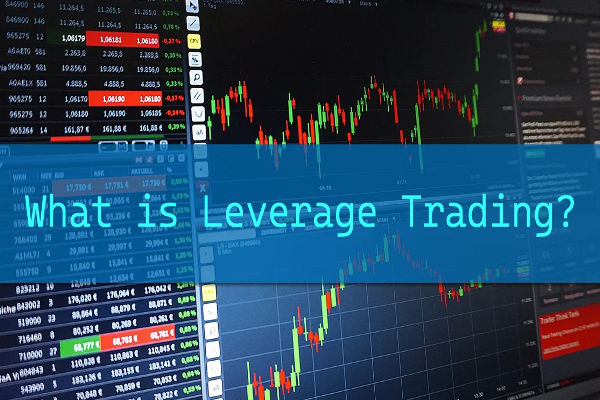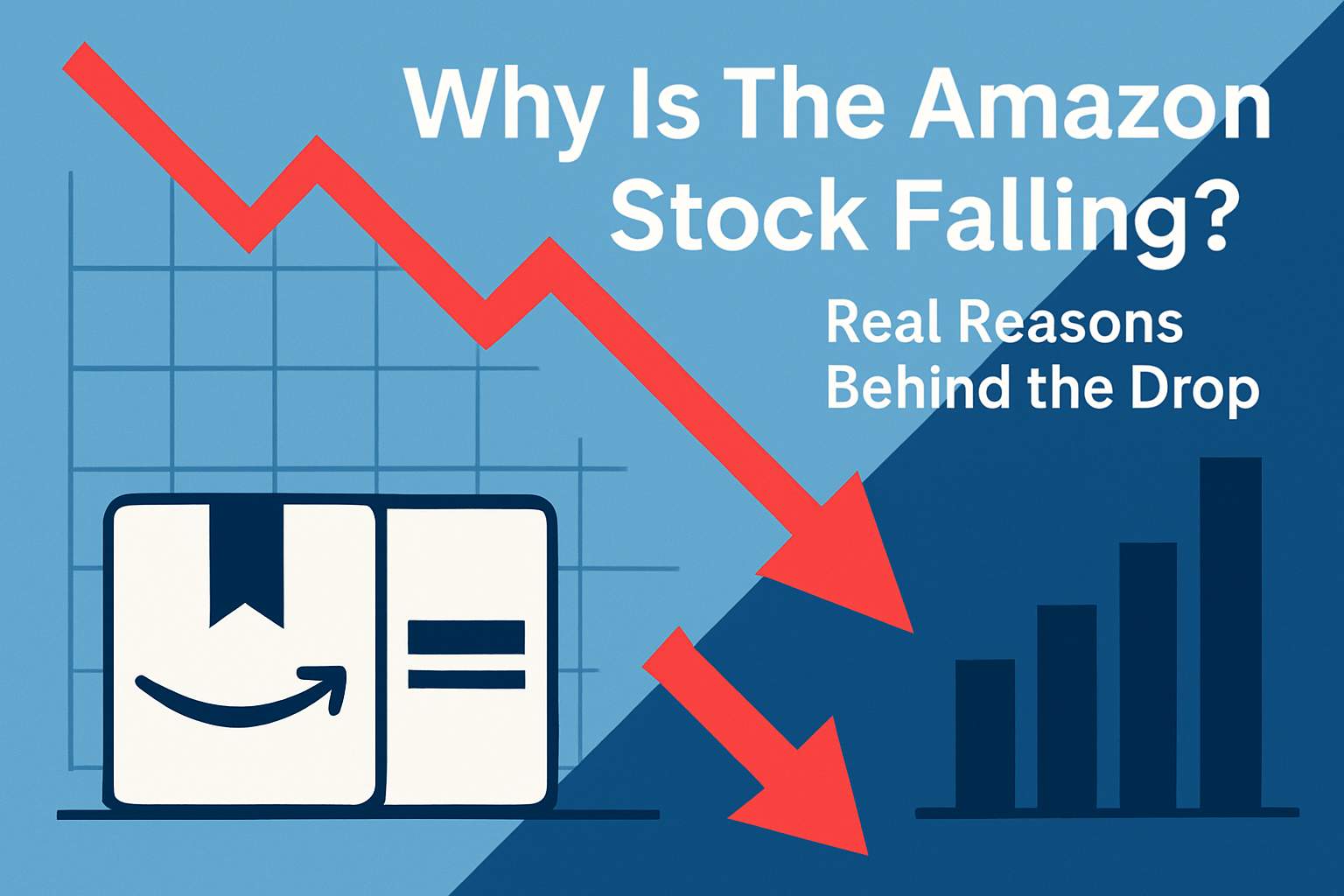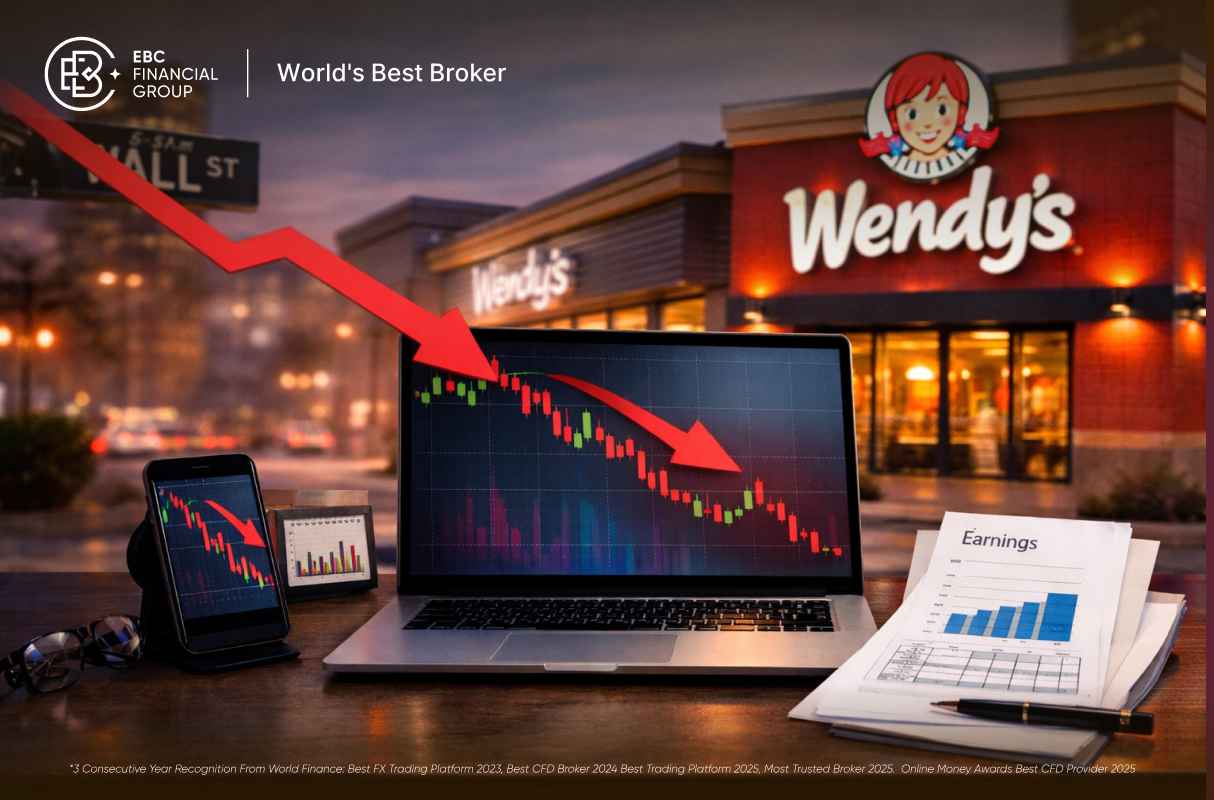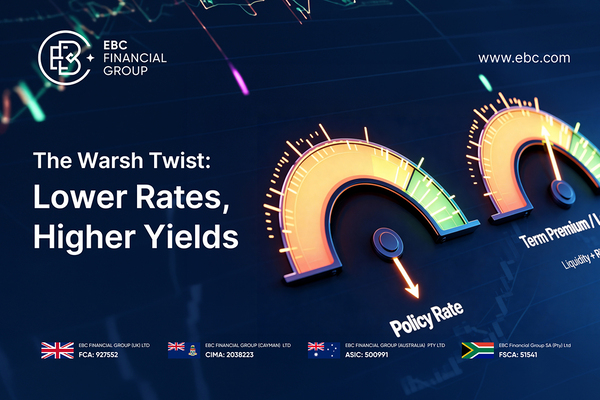Leveraged funds are a special investment tool used to help investors achieve
higher returns in the financial market. Leveraged funds can increase investment
scale and potential profits by borrowing additional funds. Simply put, it's like
throwing a spark into your investment, allowing your profits to increase faster.
Sounds good, right?

Leveraged funds are a type of hedge fund. Domestic leveraged funds belong to
the leveraged shares of graded funds (also known as aggressive shares). A
regular Index Fund refers to the amount invested by an investor, which is
equivalent to buying an index fund, while leverage refers to borrowing money
from others to form leverage in addition to the principal invested by the
investor.
So, you may wonder how leveraged funds work. When you invest in a leveraged
fund, your investment company will provide you with additional funds, usually
several times the amount of your own investment. In this way, you can
participate in the financial market on a larger scale. If your investment is
successful, the return you can receive will be based on the growth of your
actual investment amount, not just the principal you have invested.
Just like the principle of using leverage, this investment strategy can bring
higher returns, but it also comes with higher risks.
Imagine you have $100, but you hope to invest more funds to achieve greater
returns. By using leveraged funds, you can borrow additional funds, such as
$500, from banks or other financial institutions. In this way, you have a total
of $600 to invest, not just $100. If you receive a 10% return on your
investment, you will receive a return of $60 instead of just $10. But if your
investment loses 10%, you will lose $60, not just $10. In addition, leveraged
funds typically charge interest and other fees, which can also increase your
investment costs.
Characteristics of leveraged funds
1、 Leveraged funds are not suitable as long-term asset allocation tools.
The implementation of long-term asset allocation emphasizes the efficiency of
asset crisis return exchange in the long term, and the simplest indicator is to
measure the size of fund crisis-adjusted returns using the Sharpe ratio. Most
domestic stock-based graded funds were established in the past two years, and
the 5-year crisis return exchange efficiency of a few funds is not
representative. Research on the crisis return exchange efficiency of leveraged
funds in the United States may provide some references.
The three leveraged traded open-ended index funds (ETFs) with strong
representativeness and a long history of existence (over 5 years) in the US
benchmark index are all set with twice the fixed leverage, which means that the
crisis indicators of leveraged ETFs are all about twice as large as the
benchmark index, but their long-term compound returns are much lower than the
benchmark index, resulting in the crisis return exchange efficiency of the three
leveraged ETFs being lower than the crisis return exchange efficiency of the
underlying index. It can be seen that leveraged ETFs are more suitable for
investors to implement tactical operations such as Intraday Trading or intraday
hedging as trading tools rather than as tools for long-term asset
allocation.
2、 The volatility of the underlying index affects the efficiency of crisis
return exchange in leveraged funds.
The main body of current domestic-graded funds is passive investment funds
that track the underlying index, and the volatility of the underlying index
affects the operational performance of leveraged funds. The domestic CSI 300
Index, as a representative of the entire market, has had an average annualized
volatility of approximately 28.43% since its release, demonstrating the
characteristics of high volatility and a high crisis in the overall stock market
of developing countries.
As long as the market fluctuates, in the long run, investors will lose money,
which means volatility will form a certain drag on long-term returns. And the
higher the leverage ratio, the more significant the drag effect of volatility on
long-term compound returns.
3、 In a declining market, leveraged funds amplify the gains and losses of
investors.
In the design of graded fund products, leverage is formed through a capital
lending model, and financing costs are calculated daily. Only when the increase
in the master fund exceeds its borrowing costs can the leveraged fund achieve
net worth growth, which makes the net worth gains and losses of the leveraged
fund mismatched with the changes in the master fund's net worth. When the net
value of the parent fund changes by the same amount, the extent of the decline
of the leveraged fund should exceed the extent of the increase.
For investors with experience and risk tolerance, leveraged funds may be an
attractive option. But for others, the wise choice may be to avoid this
high-risk investment approach. Remember, in the investment world, risk and
return always go hand in hand.
Disclaimer: This material is for general information purposes only and is not intended as (and should not be considered to be) financial, investment or other advice on which reliance should be placed. No opinion given in the material constitutes a recommendation by EBC or the author that any particular investment, security, transaction or investment strategy is suitable for any specific person.


























